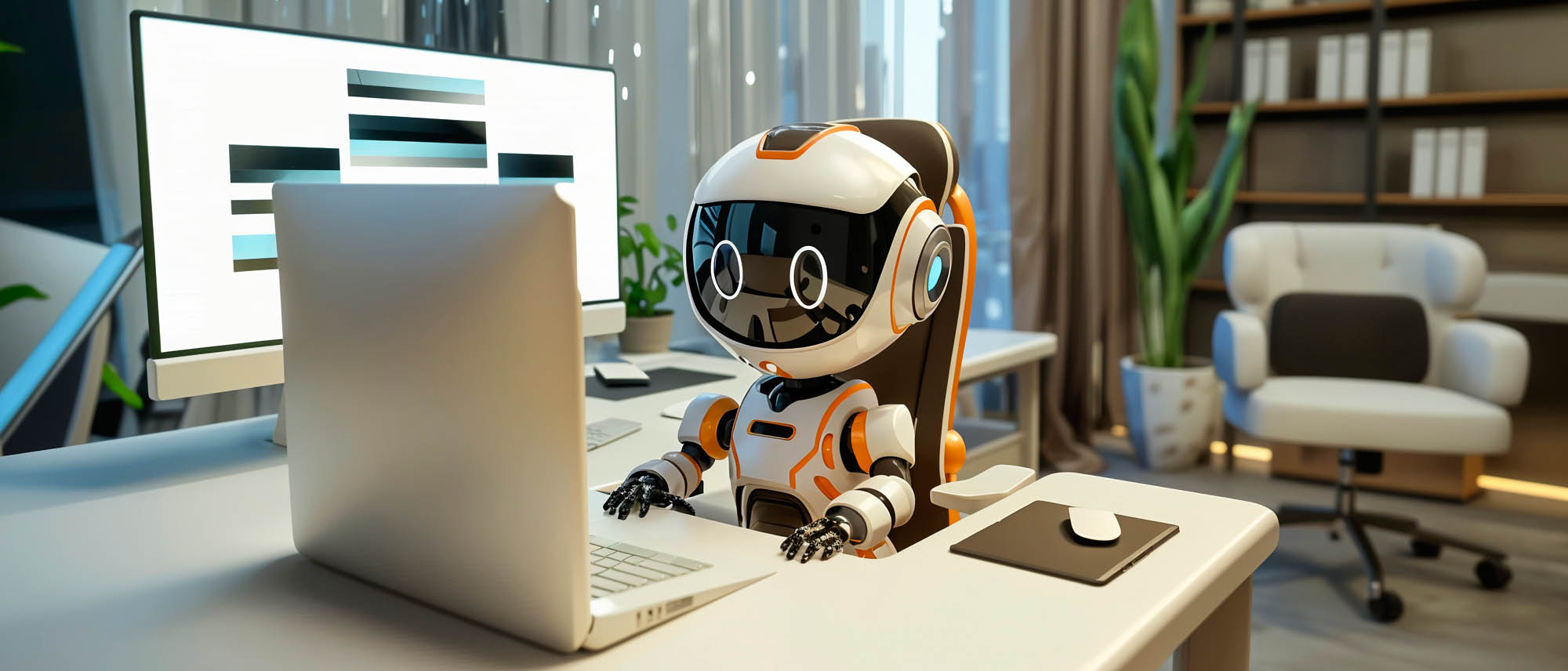The future of AI in India is no longer a futuristic concept — it’s already reshaping our daily lives. From voice assistants and recommendation engines to smart farming and healthcare diagnostics, artificial intelligence is making a powerful impact across the Indian economy.
In this article, we explore how AI is set to transform India’s workforce, education system, governance, and innovation landscape — along with the challenges that need attention.
1. AI Will Create New Job Roles — Not Just Replace Old Ones
While many fear AI will eliminate jobs, the truth is more nuanced. AI may automate repetitive tasks, but it will also create demand for new skills — like prompt engineering, AI ethics management, machine learning operations (MLOps), and data labeling.
In India, we’re already seeing a rise in hybrid roles where humans work alongside AI systems — especially in customer service, marketing, healthcare, and logistics.
2. Startups Will Drive the Future of AI in India
India’s startup ecosystem is showing strong momentum in AI-powered products — from conversational bots to vernacular search engines, and even AI doctors. This startup surge is playing a vital role in shaping the future of AI in India, by building practical, scalable solutions for local needs.
In fact, India has seen a 300% rise in AI startups since 2020, with Bengaluru, Hyderabad, and Pune leading the charge.
3. How AI is Transforming Education in India
Imagine personalized learning in every classroom. AI tools like adaptive learning platforms, voice-based doubt solvers, and language translation can make education more inclusive, especially in rural and regional-language schools.
Edtech companies in India are already leveraging AI for test analysis, career guidance, and content curation. The next big shift? AI tutors integrated into public school systems.
4. Healthcare Will Become Smarter and More Accessible
AI can help Indian doctors make faster, more accurate diagnoses — especially in remote areas where medical staff is scarce. Startups are already using AI to detect cancer from scans, predict diabetic complications, and monitor maternal health.
Government partnerships with healthtech firms could lead to AI-driven public health monitoring, helping predict outbreaks and personalize treatments.
“AI may save lives in rural India — not just urban hospitals”.
5. AI in Governance & Public Services
Governments are slowly adopting AI for tasks like traffic management, fraud detection, and grievance redressal. In India, pilot projects have used AI for exam evaluation, land record digitization, and crime pattern analysis.
The National Strategy for AI (NITI Aayog) also outlines plans for responsible AI adoption in key sectors like agriculture, healthcare, and education.
6. Language Inclusivity Will Be a Major Breakthrough
India is a multilingual nation, and AI is breaking down language barriers. Tools like ChatGPT, Bhashini, and Vernacular.ai are enabling English-to-Indian language translation, voice recognition in local dialects, and even AI-generated voiceovers in regional accents.
This is helping businesses, media platforms, and e-learning apps reach new audiences in Tier-2 & Tier-3 cities.
7. Ethical AI and Data Privacy Will Become Critical
As AI adoption grows, so do concerns. Who owns your data? Can AI be biased? How do we stop misuse? These questions are already being raised in India’s legal and academic circles.
Expect to see AI regulation policies, data protection laws, and AI ethics committees become a regular part of government and enterprise planning.
8. Rural India Will Benefit More Than Ever Before
Contrary to belief, AI is not just for metros. In agriculture, AI tools are helping farmers with crop prediction, pest detection, and soil monitoring. In rural banking, AI-powered chatbots are enabling first-time users to access loans and subsidies.
India’s future with AI looks rural-first, not just urban.
9. AI Will Be Affordable and Accessible
Indian engineers are building open-source AI models and lightweight tools that don’t need powerful devices or expensive subscriptions. Combine this with rising smartphone and internet penetration — and you have a country ready for mass AI adoption.
From ₹0 chatbots to free translation apps — affordable AI is India’s big advantage.
10. India Could Become a Global AI Powerhouse
With its talent pool, cost efficiency, and startup energy, India has the potential to become a global hub for AI development. If we invest in skilling, research, and public-private partnerships, India could export AI products, build global solutions, and contribute ethically to the global AI community.
Conclusion: A Smart Future Awaits
AI is not a distant dream anymore — it’s happening here and now. From startups in Bengaluru to classrooms in Bihar, AI is silently transforming how India works, learns, grows, and governs.
But to unlock its full potential, India needs policy clarity, ethical frameworks, inclusive design, and a focus on AI education. The future of AI in India isn’t just about tech — it’s about making lives better, smarter, and fairer for all.





